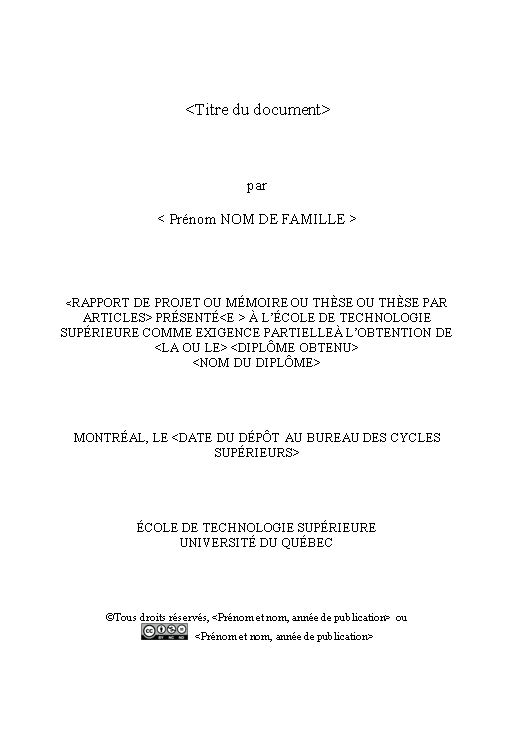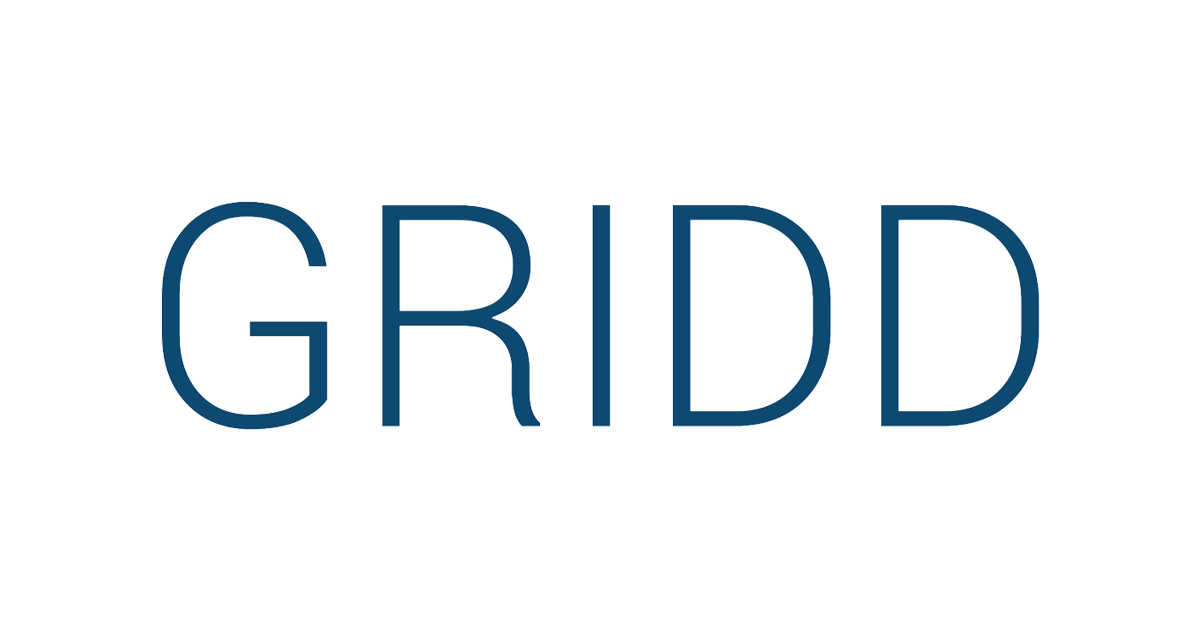Évaluation de la qualité des données des modèles BIM pour la gestion des installations
Abstract
La thèse traite de la mise en œuvre limitée de la modélisation de l’information sur les bâtiments (BIM) dans la phase d’exploitation et de maintenance des installations, malgré ses avantages potentiels. Les principales raisons sont le manque d’expertise des propriétaires et des opérateurs pour utiliser et mettre à jour efficacement les modèles BIM tels qu’ils ont été construits, ainsi que l’absence de normes industrielles pour garantir la facilité d’utilisation, l’interopérabilité et la maintenabilité. La recherche vise à combler cette lacune en établissant des correspondances entre les modèles conformes à l’exécution et les exigences d’exploitation et de maintenance, en créant une liste de contrôle des informations essentielles dans les modèles BIM et en développant des outils pour automatiser ce processus. Un cadre de qualité combinant l’assurance et le contrôle est introduit pour garantir que les modèles sont adaptés aux opérations. La recherche décrit également un processus de gestion de la qualité au cours du développement et de la remise du modèle. Des projets de construction réels ont été utilisés pour valider l’efficacité des outils et des procédures.
Résultats du projet
Contributions du projet
Publications
Les publications de ce projet sont disponibles ci-dessous :
Équipe de recherche
L’équipe chargée de ce projet :
Équipe
L’équipe chargée de ce projet
Thèse
Publication finale du projet :
Partenaires
Ce projet a été supporté par :
Recherches similaires
Explorez plus en profondeur notre recherche en explorant ces études et ressources connexes :



